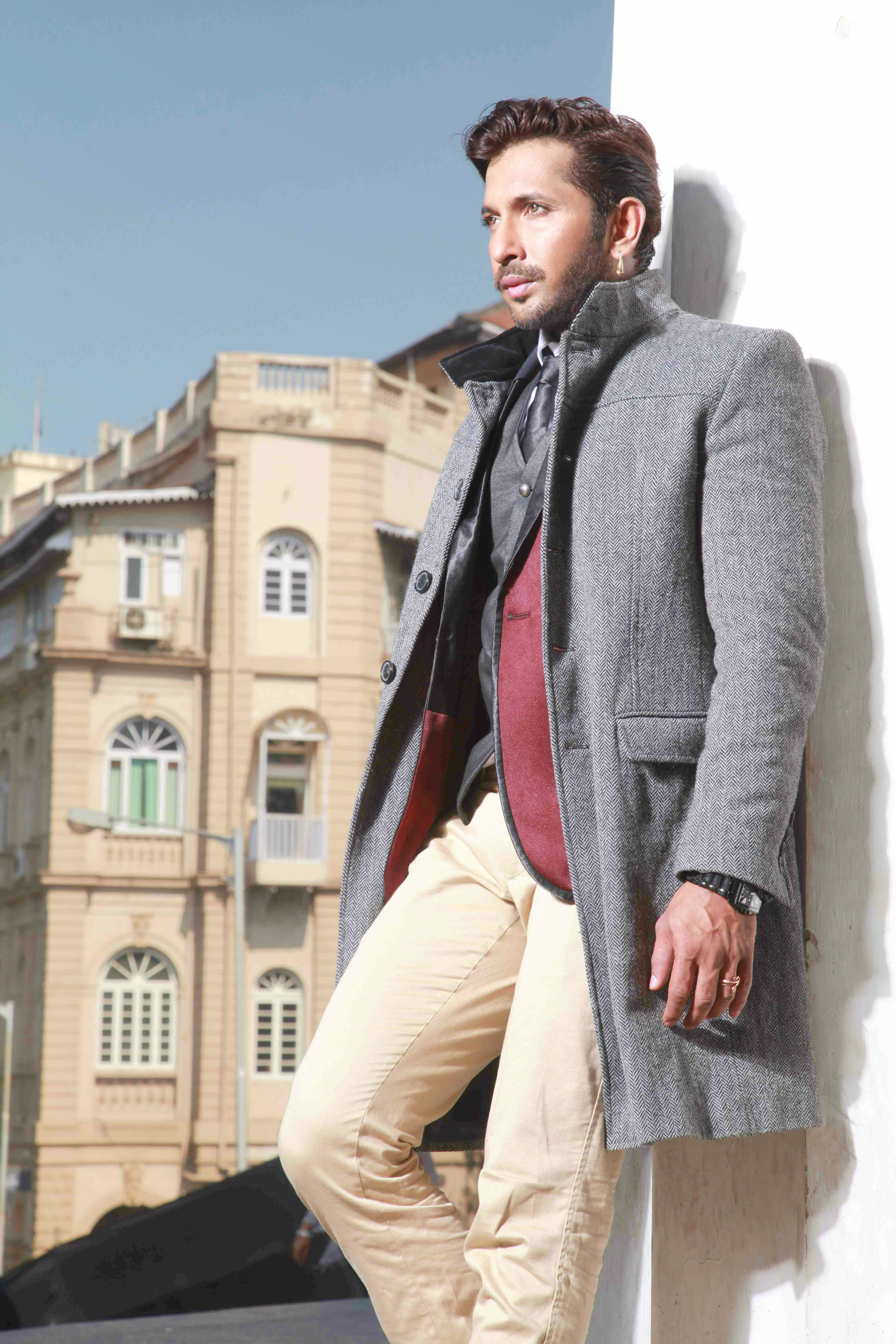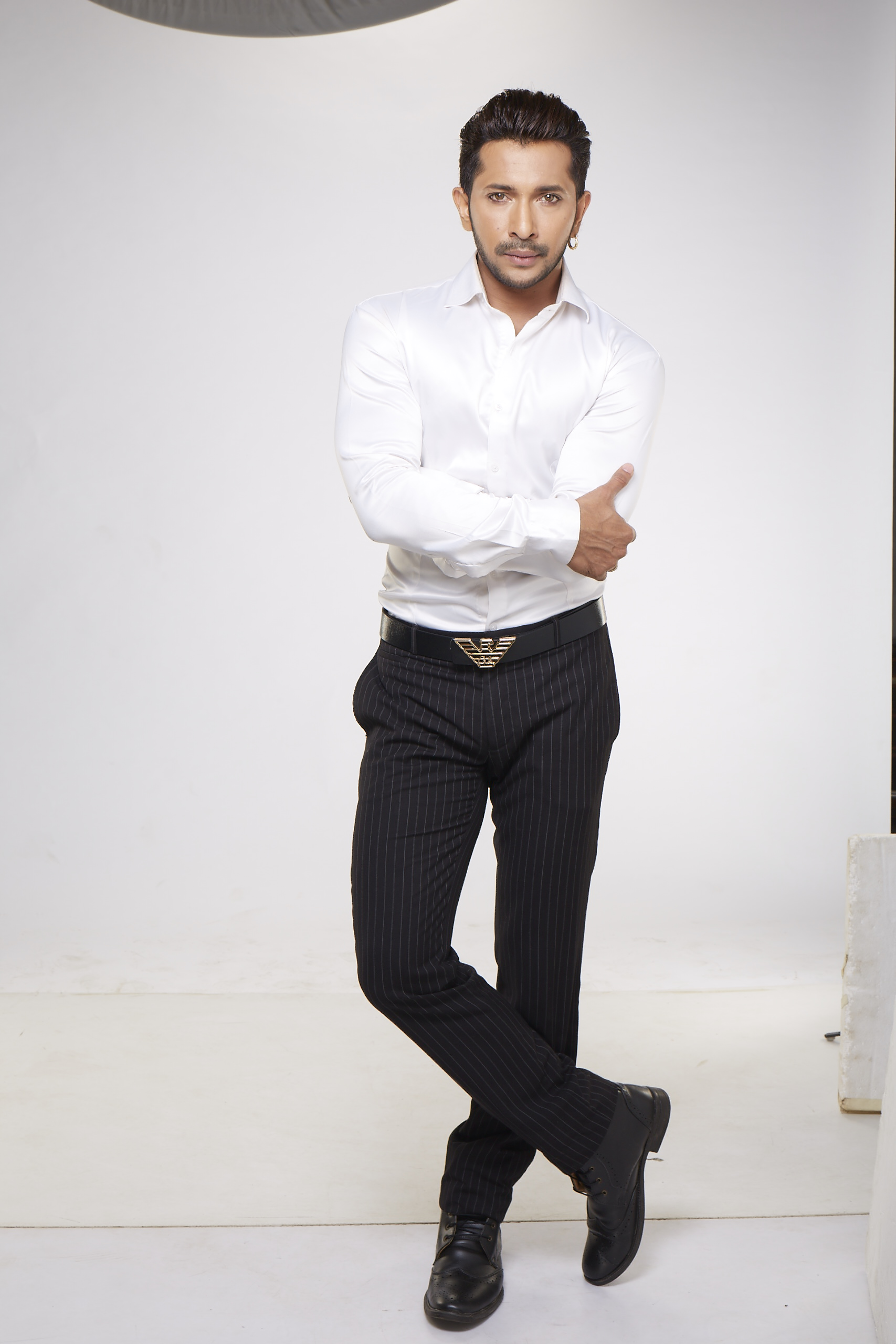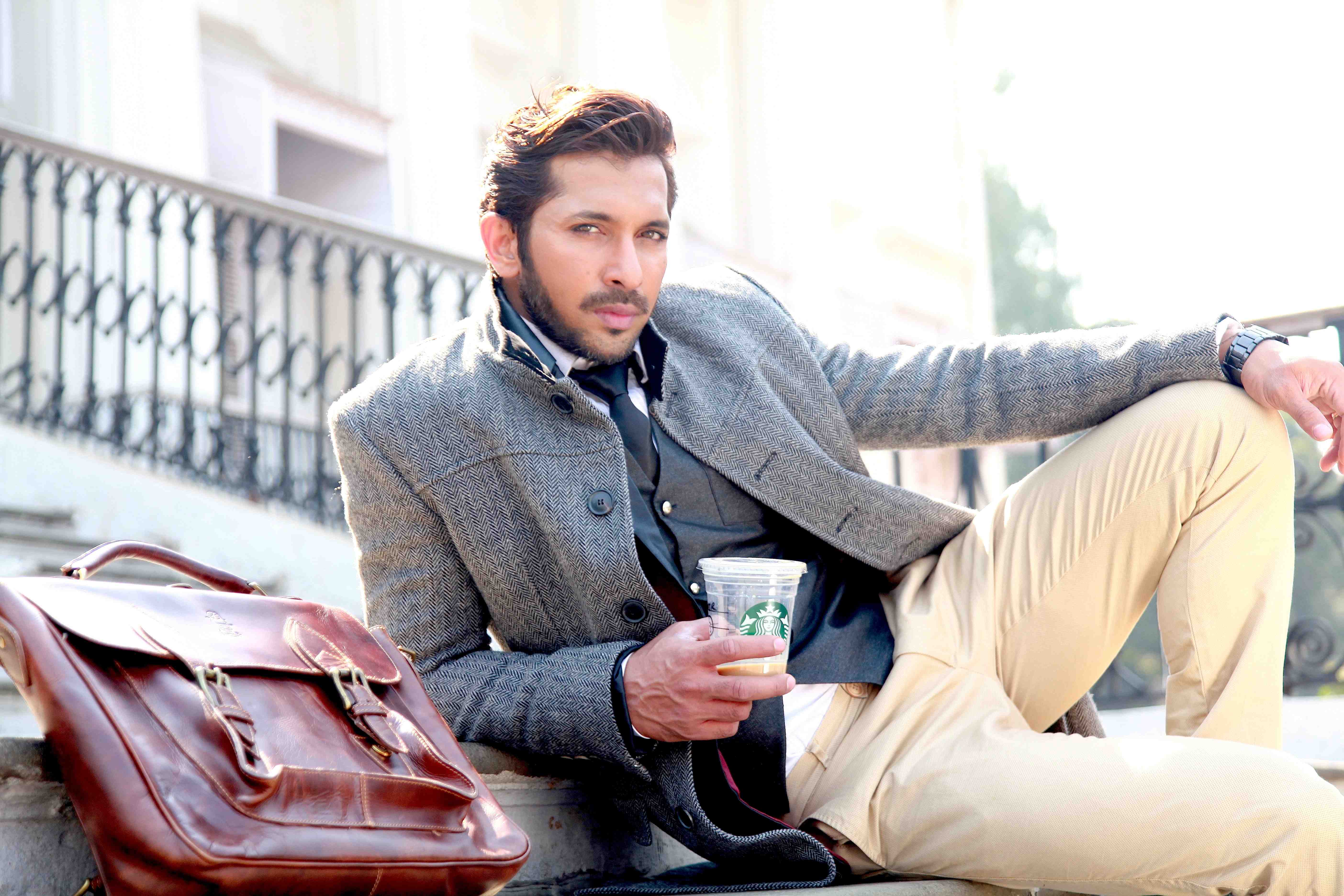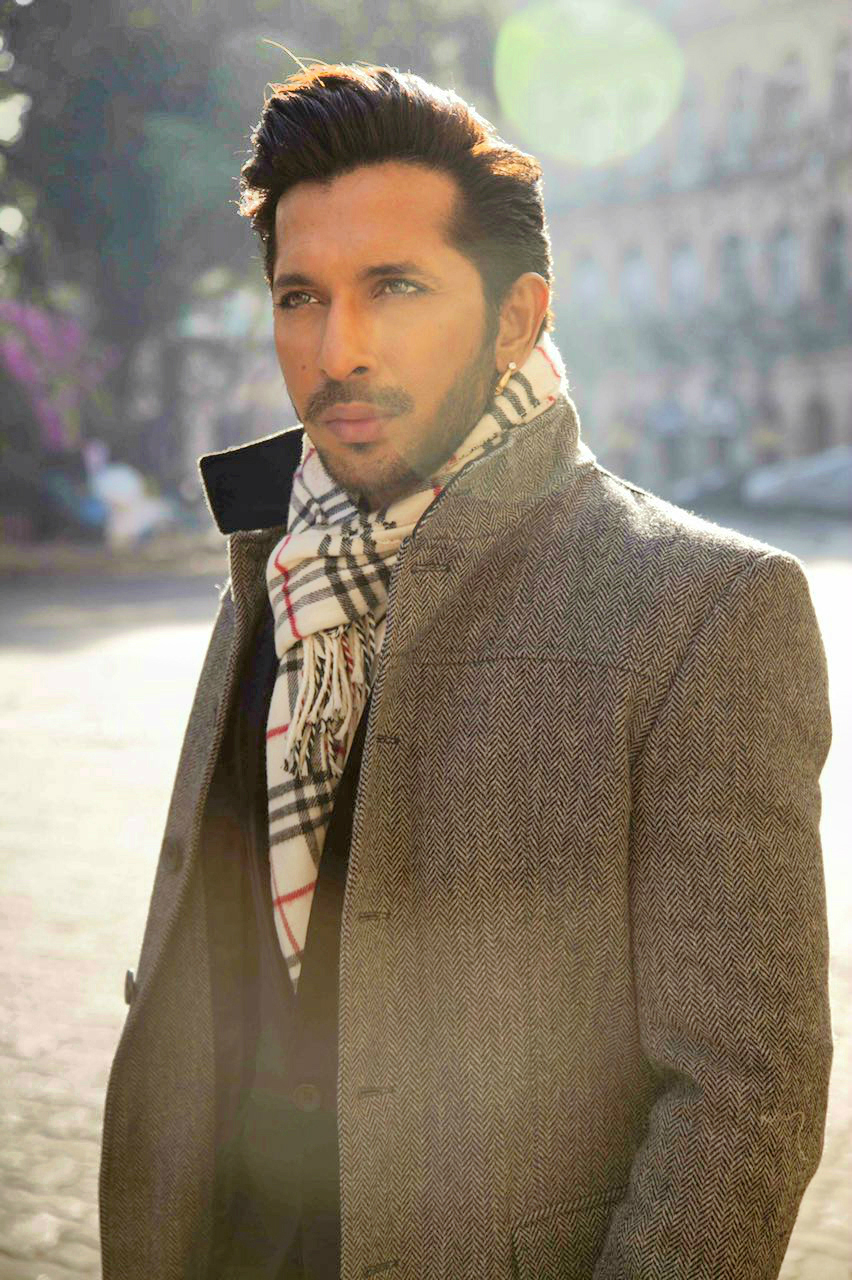Actions speak louder than words but the language of dance and movement transcends all barriers. Dance is an integral part of Indian culture and of Bollywood and the rise of professional high-quality dancing all over India and worldwide is only increasing. We had the absolute pleasure of interviewing ace choreographer and dancer Terence Lewis about his training and journey through dance, as well as his successes and visions for the future. Check it out!
Most of your initial training was in jazz, ballet, and contemporary. What attracted you towards pursuing dance and learning these styles of dance in particular?
Dance happened to be an accident than a premeditated choice, an outcome of the need to be noticed and appreciated! Despite of being scholastically and academically inclined, life seemed to constantly draw me towards the arts! I never wanted to become a dancer as a kid though I enjoyed it from time to time! At that time for my parents and also culturally and socially, dance was looked down upon with regards to career option. As a kid I wanted to see the world and decided naively that I would become a rock-star or an actor as both these careers still had some respect and recognition but dancer was not my first choice!
Let me explain: I hail from a simple middle class family of 8 children living in a 220 square foot chawl and I was the youngest of all! We were always financially strapped so my parents worked very hard just to give us a basic education! Dance and extracurricular activities were considered frivolous and fancy to be indulged by the rich only! The only hope my parents raised us with was that each of us would be able to find decent stable 9-5 jobs through education and rid ourselves of the stigma of poverty and living hand to mouth!
I was a lively child with a keen spirit of adventure and curiosity who at an early age happened to take a chance to participate in the various extracurricular activities in school like singing, dancing, painting, elocution and sports! In school I began to enjoy the attention very early in my life!
The stage became my home and dance my second language. Hungry for attention in a home where no one had time for me, I preferred to be in school becoming the best in whatever I do!
At the age of thirteen, I was spotted by my first teacher Pervez Shetty in a dance competition who berated me by saying that the only reason I was used to winning was that I was the best amongst the worst! Injured and curious to know what I had missed, she took me under her wings and offered to train me for three months in Jazz Ballet! It was my first dance class ever and had no idea that one needs to train, and had erroneously assumed that all good dancers had an inborn natural flair that made them so! I was mistaken and I realized that you can be good but if you want to be great there is a method and a systematic scientific training module is the key! I was blown away with just the warm-up, across the floor and techniques that were alien to me! I was hooked. Training became my mantra. I worked very hard as I could not afford to train further with her but did so on my own going to Juhu beach daily before sunrise! My parents and siblings thought I had gone crazy! I became Eklavya from there on by training myself every day without any teacher! There was no choice!

When I was 17, I got an offer to train a few students in school for a dance competition. They won and the parents were so happy with it that they decided I should teach their kids on weekends! It was great pocket money and soon realized that it was lucrative enough to pay for my own education! The financial independence liberated me! I realized that it was one thing to dance and completely another thing to teach! I had no experience! But when life gives you lemons, you make lemonade! So I went to my college library for dance books and theory of movement! Picked up from the station roads of Churchgate some dance books that showed how to teach dance!
Fortunately gifted with a scientific aptitude, I started to analyze and study movement and dance to figure out how to break it down! This process actually helped me to understand and improve my own dance! Being a teacher made me a better dancer!
Then at 23, just out of my hotel management course, I met Jaan Freeman who introduced me to modern dance in Horton technique! It was the toughest technique for African American bodies and I started to enjoy the art form! I was slowly shifting from Classical to Modern!
Post the training, 3 years had passed and I saved up some money through my classes and moonlighting as a model I packed by bags to New York: my first trip outside India! Here I trained with the Alvin Ailey Institute at their summer intensive course alongside taking commercial hip hop and Broadway lessons from Broadway Dance Center! I realized there how late I was to start my training! The dance community was advanced and highly respected and they enjoyed respect and privileges that was missing in India! Despite of working really hard, the truth was that I stood little chance pitted against those that had trained systematically from the age of 10! It was a painful reminder of the lack of training!
Two years later, the legendary German dancer artists Susanne Linke and Katrin Simon who was the cultural attaché then in Mumbai, spotted me and my assistant Mahrukh Dumasia and felt we deserved to be given a scholarship to study contemporary dance with the best teachers all around the world at the Impulstanz festival in Vienna! This experience changed everything!
I had organically made the transition from modern to contemporary n realized that I had so much work and interest in this style that I decided there on that I would return and start my journey all over again!
Nourished and inspired and with a vengeance that I would make sure the next generation of dancers don’t have to meet the same fate! The next few years I worked furiously towards setting up and creating the best dance training school to help talented young dancers to reach their highest potential and started the Terence Lewis Professional Training Institute (TLPTI) in Mumbai formerly known as the Terence Lewis Academy.
Today in a span on ten years we have given the dancing community the largest number of professional choreographers’ and successful independent dancers empowering them with dignity and respect apart from making it their livelihood!

How do you view the role of dance and movement in your life and in society?
Dance and the movement of the body in a rhythmic way is for the purpose of expressing an idea or emotion, releasing energy, or simply taking delight in the movement itself. Dance is a powerful impulse. Even if we trace the history of dance, it’s always been a tool to express out an emotion, a story, a message to society.
You recently taught Bollywood and Indo-Contemporary workshops at ImPulsTanz Festival in Vienna, Austria. What was that experience like?
It was a privilege to impart the knowledge that I gained from there as a student. And this year I had two extra slots booked. So it was really nice to know that Europeans are excited to learn about our culture.
How did your journey in dance and choreography start?
Adding from the first question and answer: Once I finished my hotel management and graduation, I knew I had to take the decision. It was the hardest as on one hand, I was being offered a job as a corporate trainee in a 5 star hotel with a start salary of 20 thousand (12 years ago) and also had a flying job that will pay more and the other was teaching dance and starting my career in dance and choreography from scratch with an ambiguous future. A voice told me that if I did take up dance now that I have finished my education and a professional course, the chances are that I may be not successful but will have always something to fall back on. Besides if I don’t take that risk, I’ll never know and so I started a long difficult journey and there were many people including a famous choreographer who did come in the way and made it harder initially, but I kept moving and fought a silent battle. Since then I never looked behind! I really am grateful to all these people who didn’t believe in me cause I needed them to build enough tension in me to make sure that the fire was raging through which wouldn’t let me sleep at night till I had succeeded! I cannot thank them enough! Honestly now I’m at the brink of my life where I need that stimulation all over again! I love being told that you can’t do it! I’ll always find things or experiences to do that are out of the box. Hence, I am not attracted to ordinary and things that are easy to achieve! I need challenge and need my mind to be stimulated to figure what are the road blocks and how to solve the puzzle!
What made you so passionate about dance that it turned into a career?
Everyone who knew how academically brilliant I was and looked at what all offers I had as a career in Hotel and Aviation, told me I was making the biggest mistake of my life choosing to teach dance to few students on weekends! When I’m told I cannot do it, something lights up within and the fire to prove them wrong becomes powerful, almost hypnotic! Sheer grit, adaptability, flexibility, and a sharp intellect to see the opportunities along with hard work and commitment were the key ingredients! I never took a holiday for ten years! Worked on Sundays and had put everything on hold just to prove everyone around me that I would eventually succeed! I don’t remember where my youth passed by! I worked hard but never regretted the choice I made and it was rewarded after years! I was just happy to do what I loved and loved what I did!
What are some of the challenges you faced along the way?
Family pressure came early on when I chose to dance, they wanted me to have a 9 to 5 job as we were a huge family of 8 and poor. I don’t blame them because dance was not so easily accepted as a profession then. Yet I decided to stand my ground and started earning my pocket money through tuitions for school subjects post which I even started taking dance tuitions.

What advice would you give to young dancers that want to pursue a career in dance?
Once you know its dance that makes you happy and you’re willing to work hard for it (physically and mentally, dancing is taxing) then you must start training. Once your body is moldable, you can adapt and learn several other styles; start with basics and then select or fine tune your choice or style of dance.
When you were a Judge on Zee Tv’s Dance India Dance (DID) how it feel to see all those children taking a liking into dance so early?
DID has marked a new era, it has raised the level of dance in India. Earlier even a thumka would make the audience happy; however, now people have got the knack of dance forms like locking-popping, hip-hop, contemporary and so on, so only kaam-chalao dance would not work for them. Also, now dancing is not considered an dis-respectable job. Parents are encouraging their children to take up dance as a career.
Today there has been a meteoric rise in the choice to take up dance as a career! I feel proud that Dance India Dance made the entire country notice that dance is not only entertainment but it can also be artistic! They saw the effort and the creativity and the hard work put in by us as choreographers and the dancers in the show! It changed mindsets as we as judges showed people how dance is a form of art! I’m very happy to be a part of that revolutionary thinking change that happened post DID! Now my work is to make sure dancers get trained and equal opportunities to core this into a sustainable career and maintain high standards to one day match international training and talent! We will get there soon!
Why is that when it comes to dance shows you are known as the technical judge?
I enjoy judging dance reality shows more than choreographing for films because it gives me a platform to impart my knowledge to the audience. You see I was the Eklavya in dance! I had to painstakingly gather information of my craft. It was not given to me. It took me years to understand dance and I’ve always had an academic approach to life as well as dance. Hence, I value it and respect it! And if you know my journey you will realize that training and knowledge is key to make you from good to great! Even today, I love to invest several hours just to update myself and learn about various new dance forms which makes me a technical judge and constantly go to festivals all over the world to discover dance forms, trace their origins and anthropology. Also culturally see the shifts in patterns!
Your favorite dance form?
All dance forms interest me as each of them are unique and have something to offer. However Kathak, Chau, Modern Contemporary, Latin Salsa and Tango, Hip Hop (house and dance hall) are my favorites.

How are Dance and Choreography different to you?
Dance is physical while choreography is intellectual and requires a vision! As a dancer you are the tool; as a choreographer you are the fabricator.
What is your approach to group choreography? Do you conceive the movements/steps first or formations? How does the group’s energy impact your vision of the final product?
I have an idea of what I want to do but always go into class semi prepared! I allow the energy of the group and their level to decide the final course of action!
Have your degrees in Psychology and Sociology affected your approach to choreography or working in the world of dance/Bollywood?
Yes! In any occupation and for success I need to understand the society, the world I inhabit along with the people in it! As a leader, skills and understanding the nature of the human mind has really helped me get people together despite of cultural, racial, and sexual personality differences that make them work together to make the big projects successful. So psychology, sociology, and common sense helps!
Tell us a bit about your creative process of choreography. How do you integrate your training to create and develop ideas? Is it well planned in advance or more on-the-spot and spontaneous?
A bit of both as explained earlier – more spontaneous and instinctive. I prefer to let the dancer create his story once I feed him with some information and then see how I can use his or her material and shape it to represent honestly whatever is best in the moment that needs to be expressed! There is no formula but as we work constantly over a period of time, the work starts to show itself in a form that connects with the energy and spirit of what we want to express! I work with professional dancers in my company who have the skill and intelligence to manifest artistically and honestly what we want to create together! I never prematurely divide or choreograph bit leave it to the process to bring to us whatever is needed. We constantly examine the choices posthumously when the work is done and check if we have made the right choices. It is always, as I say, work in progress! I never feel any of my work is ever complete. Every time I look at it I realize there is work to be done.

Choreography calls for the art and craft of making dances. It uses bodies to design visual work, communicate using various methodologies. Collaborate with other artists and art forms to create aesthetics. A performance is ephemeral, a call to one’s senses. Often a moving visceral experience can have a profound impact on an audience which is sensitive to the layers in the choreography. The dancer is actually a story teller though it may not follow the line wave logic that scripts do.
Which do you enjoy more: performing, judging, or teaching/choreographing? Why?
Performing ranks first! I’d rather be the one on stage as an artist than being backstage as a choreographer although I’m very gifted there.
I absolutely love judging because I always feel that there is a way you must choose your words when you communicate your opinion! You just respect the artist no matter how poor his performance and at the same time find a beautiful way to express the details of the craft you expect from him or her without damaging their respect. I have been a mentor for many young choreographers who are now in the industry so it’s very natural for me to do what I do on TV as a judge. I love to educate and help people see the finer things! Hence I will continue to judge fairly, sensitively and truthfully as long as I’m alive!
Throughout your whole experience in the dance industry, what would you say your favorite moment has been?
It’s yet to come! I don’t live in the past. Every moment is important but once the moment has passed I move on.
Where does Terence Lewis see himself in 10 years?
Taking India to the world! I want to let the world know that we are more than just Bollywood and entertainment! The true India has been poorly represented and I want to change that!

Working towards that, what will follow once I am on the path is guided by the universe! My life has been a laboratory full of experiments that failed and succeeded. I hope through my observations and findings I can help people who are on a similar path to be guided and hopefully not make the same mistakes and understand what it takes to be who I am with all my faults and weaknesses my strengths and opportunities!
How has the Dance Industry changed you as a person?
It’s just given me a lot of respect, recognition, a better lifestyle and opportunities to create a better world and I hope I can give back what I’ve received! I’ll always be grateful to all my TV producers, creative heads, writers, and my teachers who helped me get here! With my head bowed down and hands folded I’m grateful for the graces and the large heartedness of the people who embrace me and love me for who I am! I feel truly blessed and indebted to my fans and the dance community for their love and respect. I feel it’s my responsibility to ensure that standards of dance and dancers in our country continue to soar, my own performances remain high, and creatively I should work hard to pushing the boundaries of dance. I promise to be sincere and stay true to the performing arts!
